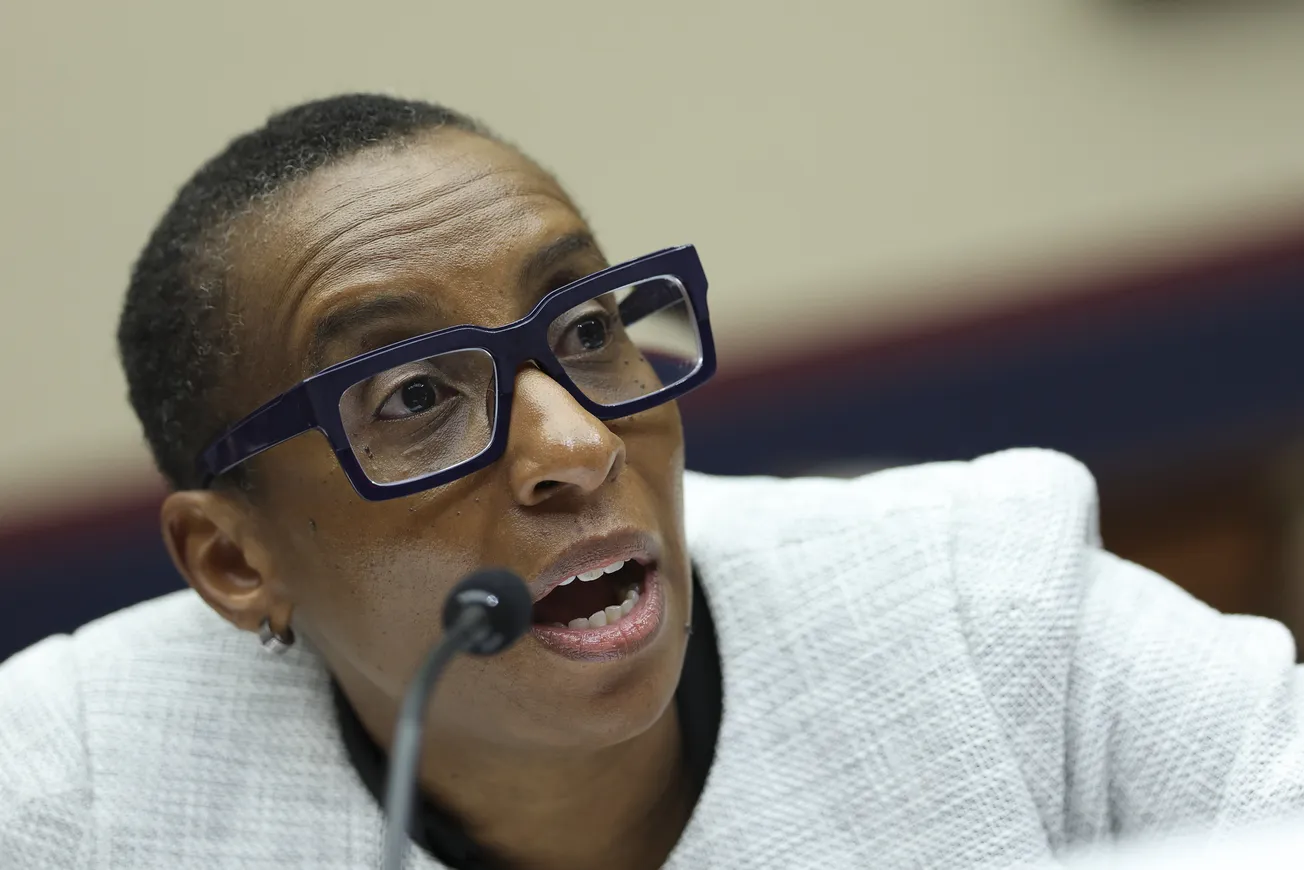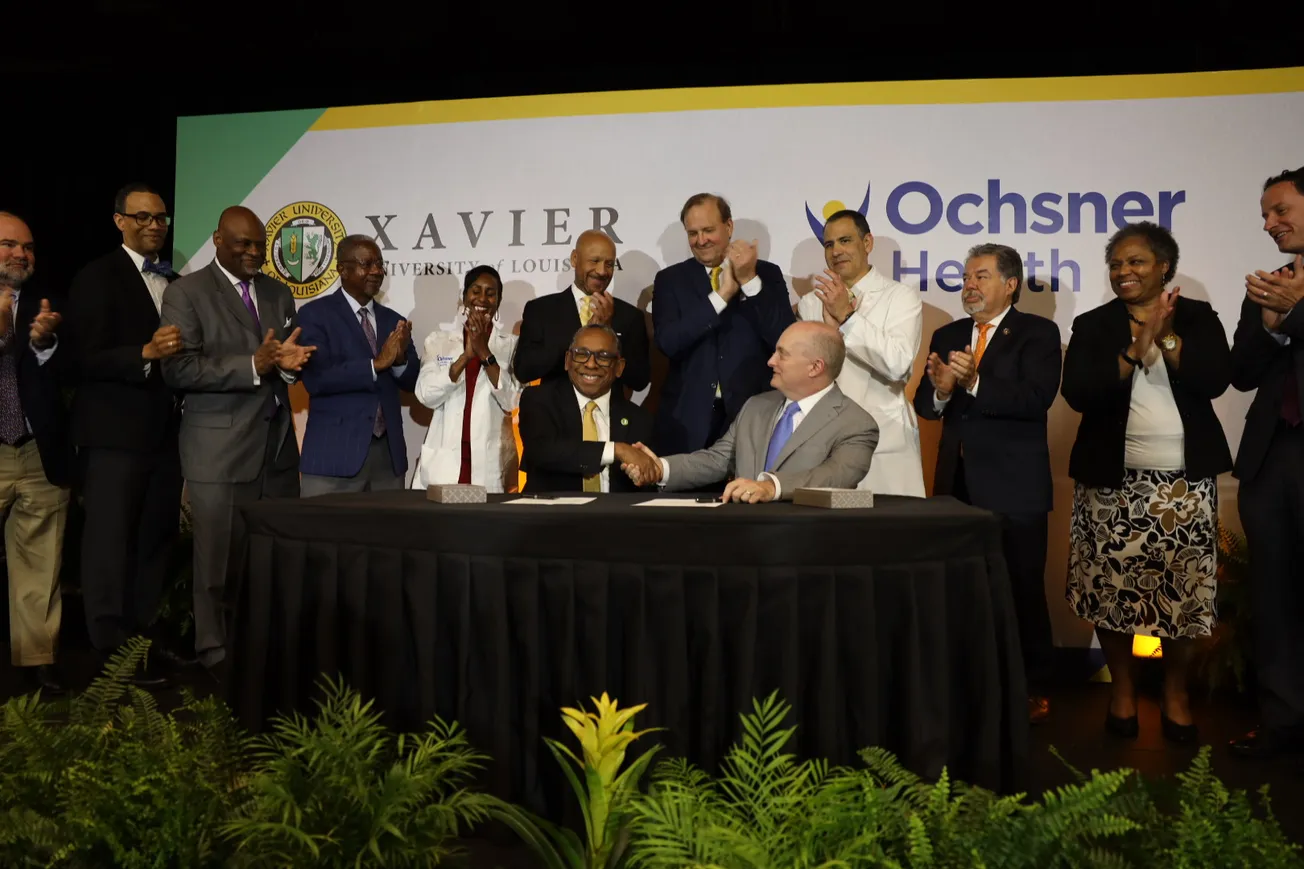Dr. Claudine Gay, Harvard University’s first Black president, has resigned, bringing to a close months of controversy related to alleged antisemitism and plagiarism in her academic work.
Effective as of Tuesday, her departure after just six months marks the shortest official presidential tenure in modern Ivy League history. Neither Gay nor the university’s governing board cited a specific infraction as having led to her resignation, and she will return to her teaching position at the school.
“This is not a decision I came to easily,” Gay wrote in a public letter to the university community.
“But, after consultation with members of the Corporation, it has become clear that it is in the best interests of Harvard for me to resign so that our community can navigate this moment of extraordinary challenge with a focus on the institution rather than any individual.”
An update on Harvard University leadership. https://t.co/ky4rwdwDCX
— Harvard University (@Harvard) January 2, 2024
The daughter of Haitian immigrants, Gay was born in New York and attended elite private schools, including Princeton and Stanford, before graduating from Harvard in 1998 with a PhD in political science. She later served as a professor at Stanford and later taught government and African American studies at Harvard.
Gay became dean of social studies at Harvard in 2015, which precipitated her rise to the top ranks of the university. She was named dean of the Faculty of Arts and Sciences three years later, overseeing all graduate and undergraduate studies at the school.
Selected to succeed Harvard president Lawrence Bacow in 2022, Gay became a center of media coverage as the university’s first Black president and was installed the following summer.
Gay’s tenure at the school, which dates back to 2006, was largely amicable until recent controversies mounted at the behest of conservative activists and journalists, in confluence with the stateside effects of the ongoing 2023 Israel-Hamas War.
Trouble first brewed in December when, following the Oct. 7 invasion of Israel by Gazan military forces, the Republican-led U.S. House of Representatives held a hearing on antisemitism in higher education. The impetus included charges that elite universities harbor anti-Israeli and anti-Jewish sentiment among students, and that administrators are not doing enough to stem the tide.
In widely publicized—and criticized—comments on Dec. 5, Gay responded to a question about whether calling for the genocide of Jewish people would violate Harvard’s code of conduct by saying, “It can be [sic], depending on the context.”
Within a week, Gay was facing an unrelated controversy, related to her lack of attribution in some instances when using material from fellow scholars in her dissertation and in journal articles. Several of the scholars whose work she is said to have plagiarized came to her defense, though others—such as the conservative legal scholar Dr. Carol Swain—called for Gay to be fired.
Harvard officials completed a short investigation and discovered more instances of what they called “duplicative language without appropriate attribution,” but ultimately opted not to enforce any repercussions.
The university’s governing board said on Dec. 12 that President Gay would not step down over the accusations of antisemitism and plagiarism, and said they “unanimously stand in support of President Gay.” Five former presidents of the university threw their support behind Gay the same day.
Following Gay’s decision to resign this week, the university spoke of her “acknowledged missteps” and “remarkable resilience.”
“While some of this has played out in the public domain, much of it has taken the form of repugnant and in some cases racist vitriol directed at her through disgraceful emails and phone calls. We condemn such attacks in the strongest possible terms.”
Harvard provost John Garber will act as interim head of the university during a new presidential search, which the governing board says will begin “in due course.”
Nate Tinner-Williams is co-founder and editor of Black Catholic Messenger.








